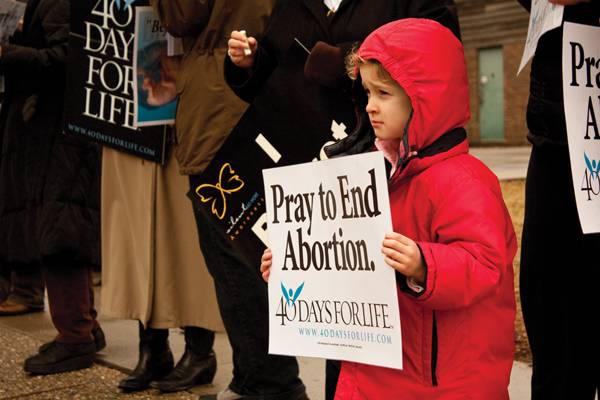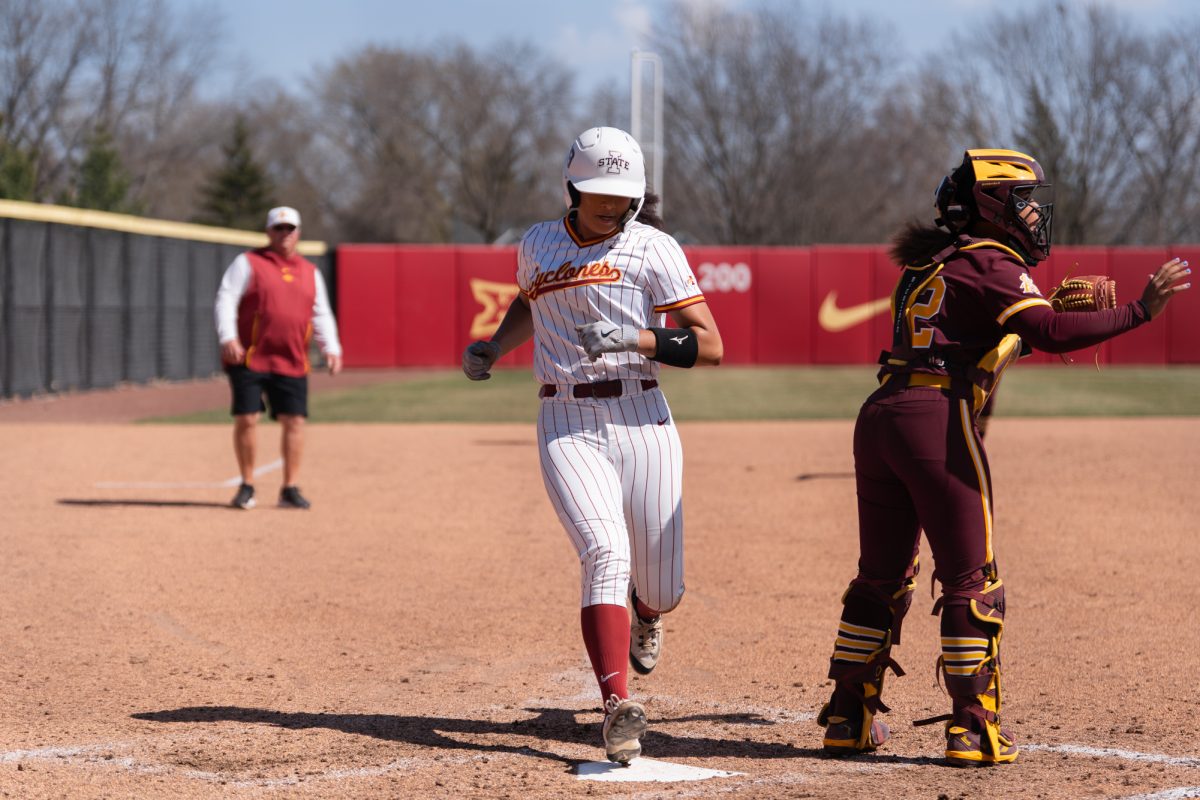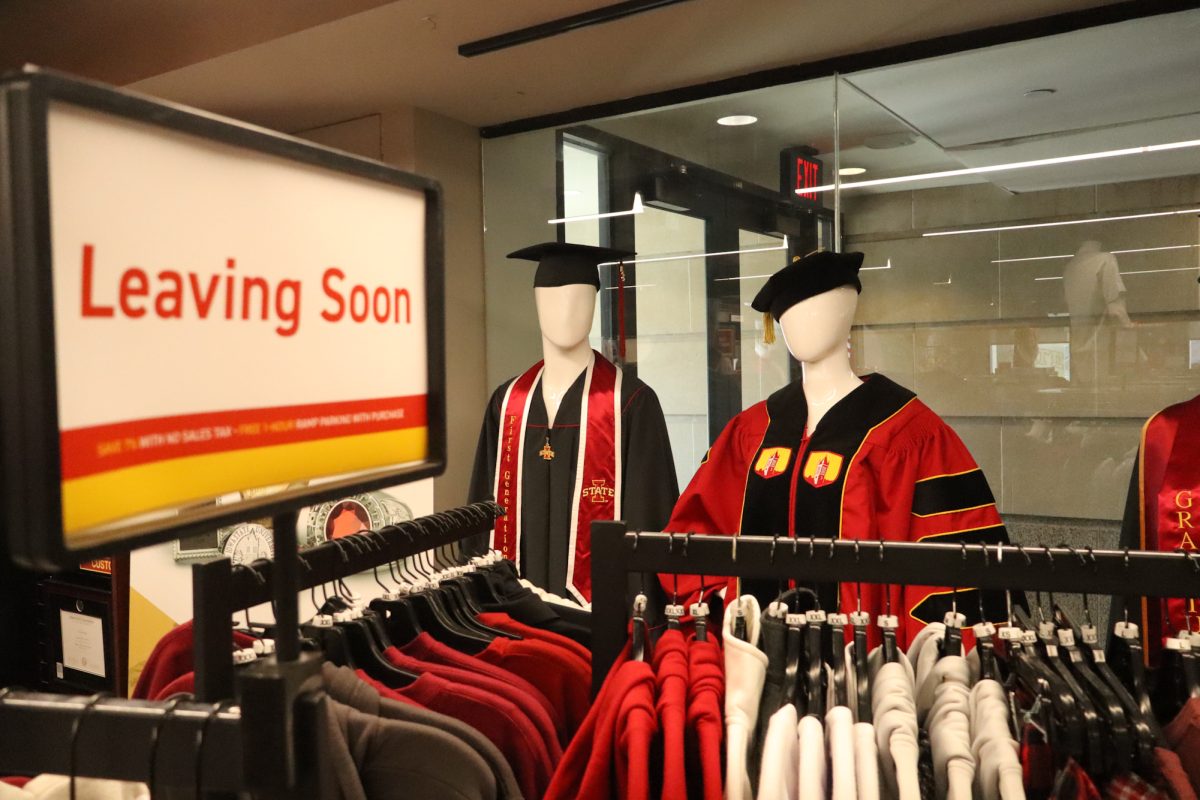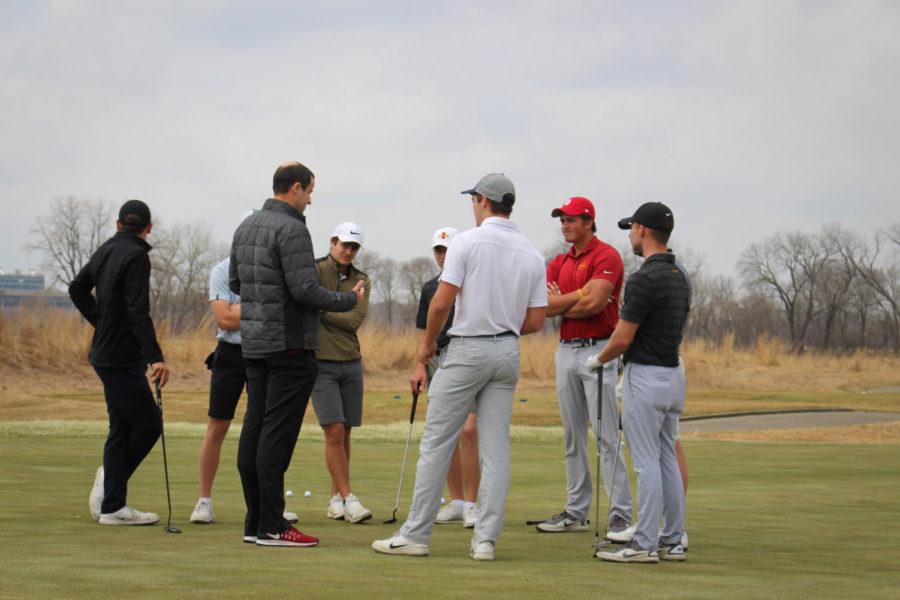Protesters talk of emotional pasts
March 10, 2009
Tuesday’s rainy weather overshadowed Chamberlain Street as Christy Westover strode to the side of the road in front of Planned Parenthood. Her emotions were clear on her face. She stood speechless for a second, but she had support.
The supporters, with their signs displaying the words “Before I formed you in the womb, I knew you –God,” raised their hands and chanted “May the blessing of the Lord be upon you.”
Westover and the other protestors are part of the 40 Days for Life organization.
According to the group’s Web site, “40 Days for Life is a focused pro-life campaign with a vision to access God’s power through prayer, fasting and peaceful vigil to end abortion in America.”
Westover, along with Roxie Richards, were two women who shared their abortion experiences and their regrets they faced when they left the clinic.
As the crowd supported Westover with the prayer, she began her story.
“The United States is reaping what it is sowing,” Westover said.
Sexually abused when she was young, Westover never told her family about her experiences. As time passed, she began to get involved in drugs and became promiscuous.
“I eventually dropped out of school and was always in trouble with the law,” Westover said.
At the age of 17, she became pregnant. Against her parent’s wishes, she decided to keep the baby.
“My mother wouldn’t talk to me through my pregnancy,” Westover said. “I was left alone, trying to take care of myself.”
After her first daughter, Westover did not receive the treatment she needed and continued on with her old ways. She became pregnant, but this time she went to the abortion clinic.
“I never felt so alone,” Westover said in reference to how she felt after her abortion.
After the first abortion, Westover’s 2-year-old daughter contracted meningitis and died within a day.
“I took care of her, but I was not a good mother,” Westover said.
After the death, Westover became heavily involved with cocaine and became pregnant twice. After another abortion, she could not take the pain.
“This time I gave my life to God,” Westover said. “It was a difficult pregnancy, but I survived and now I have a 27-year-old daughter who is now in graduate school.”
Today, Westover has adopted 5 children and is also a foster parent.
Richards’ said she also had negative psychological impacts of abortion.
At age 20 she was on birth control pills and began vomiting uncontrollably. She said that after having X-rays and tests, a doctor told her to get an abortion.
“On the surgical table, I heard a sucking noise,” Richards said. “I realized the noise was coming out of me and I screamed to stop it. The nurse just told me it would be over soon.”
After her abortion, Richards faced three miscarriages before having a child.
“I became a drug addict and would have one-night stands,” Richards said. “I forgot to hold my head up high.”
Westover and Richards both agree that abortion clinics do not inform the women about the possible future psychological and physiological impacts of abortion.
Daniel Rajewski, graduate student in geological and atmospheric sciences and the Ames coordinator for 40 Days for Life, said he believes abortion is wrong even in cases of sexual abuse.
“Abortion adds violence, and while rape is a bad thing to happen, a life brings about a greater good,” Rajewski said.
“Every child is a blessing. Our university is greatly involved in responsible living and sustainability. Periodic abstinence and regulating birth in a natural way is what will lead to living responsibly,” he said.
Planned Parenthood response
Jim Flansburgh, director of communications for Planned Parenthood of Greater Iowa, said that the focus on Planned Parenthood shouldn’t necessarily spotlight the abortion services they provide.
“They focus in on such a little thing that we do, such a small thing that we do, less than 2 percent of what we do is abortion services. I wish they would recognize that over 98 percent of what we do is prevent unintended pregnancy,” Flansburgh said.
It is not possible to walk into any Planned Parenthood clinic across the state and get an abortion, but that usually does not act as a deterrent to protesters, he said.
“We wish that they would join us in helping to educate and advocate to help prevent unintended pregnancies,” he said.
According to the Planned Parenthood Web site, they offer a wide variety of health care targeted at reproduction.
“The thing is that we’ve got a full education department, we have education programs throughout the state and then, of course, we provide health care services,” he said.
“We got out to the schools and talk to students from middle schools through college and its always age appropriate.”
Flansburgh said that Planned Parenthoods focus was preventative care.
“We like kids, we all have kids here,” he said. “I just wish that people would understand that about Planned Parenthood. It’s multifaceted and people try to paint you into a corner.”







